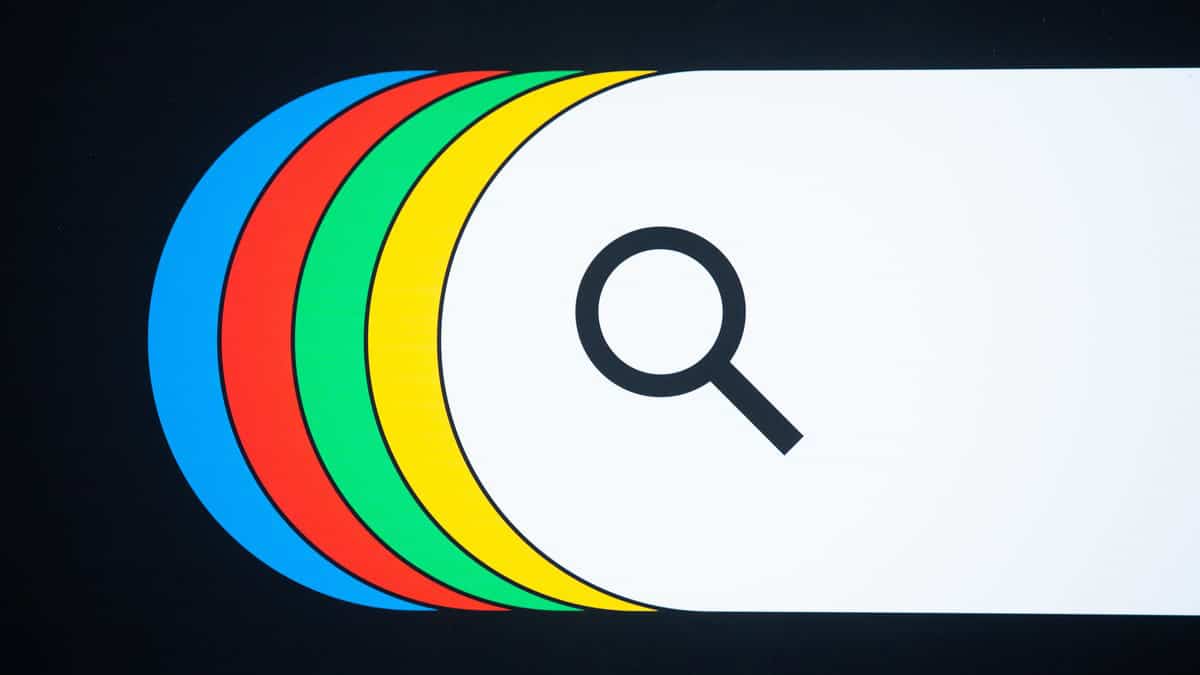The future of Google search is a big green box. That’s what the company showed off in May at Google I/O, its annual developer conference. The theme for 2023 was Artificial Intelligence (AI), a term mentioned more than 140 times in two hours. Google has unveiled its artificial intelligence products that will go public — a shift for the savvy internet giant in response to growing competition.
Read more:
In many ways, Google I/O was both a referendum on the company’s shaky entry into “consumer AI” and a clear message to skeptics (and investors) that it’s willing to take drastic steps to stay on the cutting edge of Internet search. Even if it means dropping your flagship product.
New google search
Google search has always been the engine through which we all search for product information, find the latest news, and interact with the Internet. It is also the mechanism by which many companies make money.
The new SGE (“generative search experiment”) is an experimental version of search that deprioritizes the 10 blue links that have defined Google in the 21st century. Instead, any query, no matter how precise, is answered in a green box. Hilal expands as she fills the screen with the answer.
“Now Search does the heavy lifting for you,” Cathy Edwards, vice president of engineering at Google, said during the I/O conference. In search as we know it today, she said, complex queries must be broken down into smaller questions, where you, the user, have to sift through the information yourself and craft the answer in your head. SGE can do all of this automatically, even allowing you to ask related questions (also called “follow-up”).
despite of…
At the same time, it also means not having to visit multiple websites — the clicks that web pages depend on. This has the potential to bring down the advertising-based business model on the Internet.
Google is by far the largest player in online search, with 93% market share, according to Statcounter. Online search engines are also some of the biggest drivers of traffic to websites, with 68% of online experiences starting with a search engine, according to a 2019 report by Brightedge Research.
With SGE, Google will likely propel Internet users and businesses into a new future that will require a rethink of how high-quality information continues to be leaked, while encouraging people to create “real value” content to power your AI machine.
Since SGE enrollment has just started, there is no data to share about user experience yet. However, Microsoft has been collecting feedback on Bing AI over the past three months and can provide insight into how consumers interact with AI-enabled Google searches.
Comments on responses generated by the new Bing were mostly positive, with 71% of people in the preview giving the AI-powered responses a thumbs up. We’re seeing healthy interaction in the chat feature, with multiple questions being asked during the session to reveal new information.
Microsoft spokesperson
The last path of artificial intelligence
In late 2022, OpenAI released ChatGPT. Suddenly, everyone had access to a generative AI engine that seemed to be able to answer any question. It is powered by an LLM (Large Language Model), using massive amounts of textual data to figure out what the next best word should be.
The power and ease of ChatGPT has helped it become the fastest growing consumer web platform ever. This prompted Microsoft to increase its investment in OpenAI and integrate ChatGPT technology directly into Bing search in early 2023 – a move that helped the company see a 16% increase in traffic.
The day before Microsoft released Bing AI, Google announced its generative AI engine: Bard, though it failed to launch and lost $100 billion in actions market value in the process. Since then, the value has rebounded to its highest level so far in 2023.
Have you seen the new videos on Youtube digital outlook? Subscribe in the channel!

“Coffee trailblazer. Social media ninja. Unapologetic web guru. Friendly music fan. Alcohol fanatic.”

